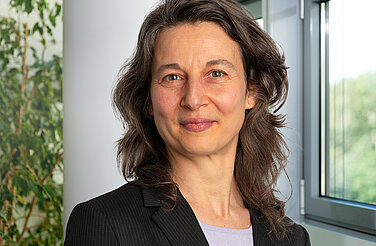- Story Type
- Pathway
Breaking free from fossil gas: a new path to a climate-neutral Europe
- Region:
- European Union
- Sectors:
- Industry
- Buildings
- Energy
An accelerated phase-out of fossil gas can strengthen Europe’s energy security and help reduce emissions faster, by up to 60% by 2030. Through structural demand reductions, the EU can halve the use of fossil gas this decade and phase it out of energy systems by 2050 while maintaining industrial production and ensuring security of supply, Agora’s EU Gas Exit Pathway shows.
Video
Fossil gas, no longer cheap and abundant, cannot be used any more as a ‘bridge fuel’, away from coal or oil to clean technologies such as renewable energies: a reassessment of the European energy transition to 2050 is necessary following the 2022 energy prices and security crises. Looking closely into the energy, buildings and industry sectors while fully taking into account these new constraints, Agora’s EU Gas Exit Pathway shows that the energy transition can be achieved with significantly lower deployment of hydrogen, hydrogen derivatives and biomethane by 2030 than foreseen in the EU’s strategy to wean Europe off Russian fossil gas, the RePowerEU plan. Agora’s pathway relies on a fast scale-up of renewable energy capacity deployment and energy efficiency improvements, as well as electrification of applications in the buildings and industry sectors.


